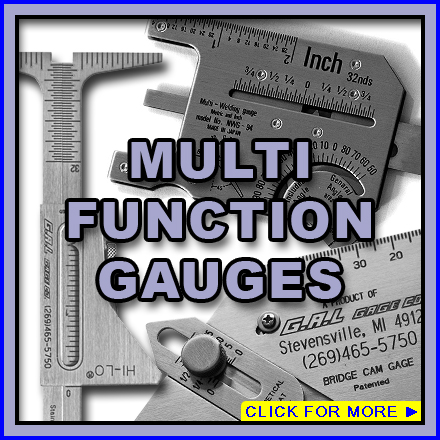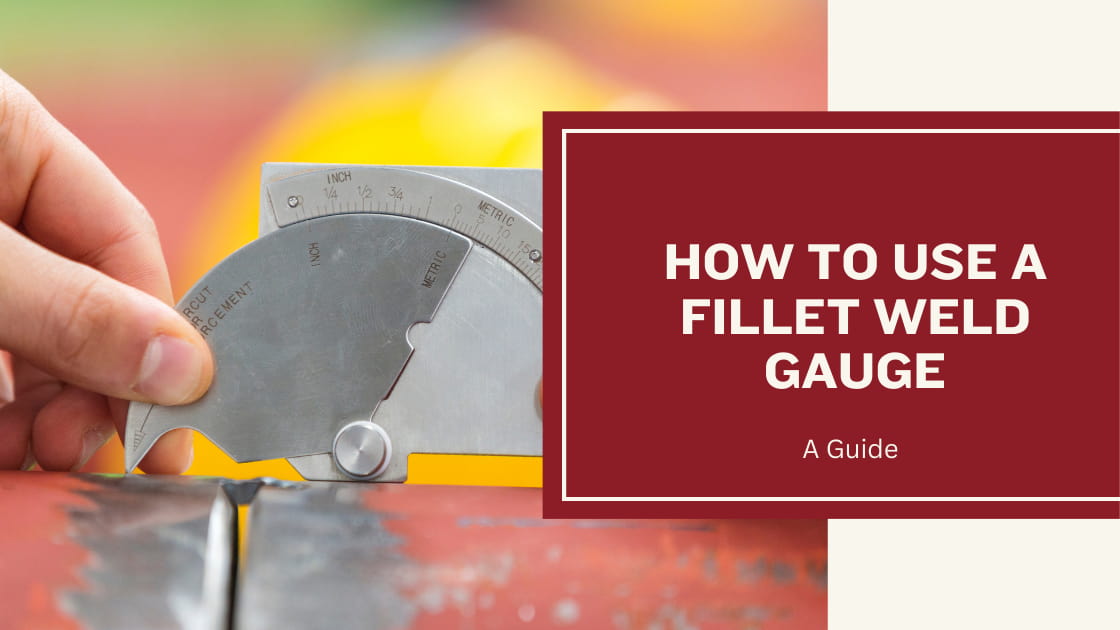Fillet Weld Style Approaches: Maximizing Joint Efficiency and Looks for Structural Stability
In the world of architectural design and manufacture, the importance of fillet weld style techniques can not be overemphasized. By meticulously taking into consideration aspects such as weld profile optimization, material option, joint preparation strategies, welding procedure effectiveness, and visual improvement fabricators, techniques and designers can accomplish a harmonious equilibrium between functionality and look in their welded frameworks.
Weld Profile Optimization

Attaining an ideal weld account involves a precise consideration of variables such as material thickness, joint arrangement, welding placement, and wanted welding speed. Additionally, the selection of proper welding specifications, such as voltage, existing, and take a trip speed, is fundamental in managing the form and measurements of the fillet weld. Making use of sophisticated welding strategies, such as pulse welding or robot welding, can further improve the weld account to fulfill certain layout requirements and quality requirements.
In significance, weld account optimization is an essential facet of fillet weld design that directly affects the overall efficiency and integrity of welded joints in structural applications.
Product Option Factors To Consider
When considering product selection for fillet weld design, the compatibility of the base metals is an important element affecting the structural integrity of the joint. It is important to choose products that not only bonded together effectively yet likewise possess comparable mechanical properties to make certain the load is uniformly dispersed in between the weld and the base metals. Welding products with greatly different residential properties can cause problems such as stress concentrations, premature joint failing, or splitting.
In addition, the atmosphere in which the bonded framework will certainly run need to be taken into consideration when choosing materials. Aspects like deterioration resistance, temperature level fluctuations, and direct exposure to chemicals can all influence the longevity and performance of the weld joint. By selecting products that appropriate for the desired application and atmosphere, the general longevity and integrity of the bonded joint can be dramatically enhanced.
Therefore, complete factor to consider of product compatibility and ecological elements is extremely important in making sure the weld joint's stamina, durability, and general structural integrity.

Joint Preparation Methods
Taking into consideration the critical function product choice plays in guaranteeing the architectural stability of fillet weld joints, it is essential to carry out accurate joint prep work techniques that maximize the link in between the base steels. Joint preparation is an essential action that directly affects the high quality and toughness of the weld.
In addition, correct fit-up of the joint is necessary to ensure uniform distribution of the welding product and avoid issues like incomplete infiltration or too much accumulation. Beveling the sides of the base metals can produce a groove that enables deeper weld penetration and a stronger bond. Furthermore, tack welding the components in place prior to the final weld aids maintain placement and minimizes distortion during moved here the welding procedure. By thoroughly adhering to these joint preparation methods, welders can boost the general efficiency and looks of fillet weld joints while ensuring structural stability.
Welding Process Efficiency
Efficient welding procedures are necessary for accomplishing ideal productivity and top quality in fillet weld fabrication. One vital element of enhancing welding procedure efficiency is choosing the appropriate welding technique. Variables such as product kind, joint design, and welding placement need to be thoroughly taken into consideration to establish one of the most ideal method. For example, processes like gas steel arc welding (GMAW) and flux-cored arc welding (FCAW) are generally utilized for fillet welds because of their convenience and rate (Gauge Fillet Weld).
Regular calibration of great site welding makers, examination of consumables, and upkeep of welding lanterns can avoid downtime and remodel, ultimately saving time and sources. Well-trained welders are a lot more proficient at adjusting criteria, troubleshooting issues, and maintaining consistent weld top quality.
Visual Enhancement Approaches
To enhance the top quality of fillet weld fabrication, implementing aesthetic improvement approaches can play a critical duty in making certain precision and precision throughout the welding procedure. Visual help such as weld dimension evaluates and amplifying lenses can assist in assessing weld profiles and measurements accurately. By integrating these aesthetic improvement approaches into the welding procedure, welders can accomplish not just structurally audio fillet welds yet additionally visually appealing outcomes that satisfy sector requirements.

Verdict
In conclusion, maximizing fillet weld design entails careful consideration of weld profile, material choice, joint prep work, welding process effectiveness, and visual enhancement approaches. By applying these methods, structural honesty can be boosted while also achieving visual allure. It is necessary to focus on both performance and appearances in fillet click reference weld style to make sure the general top quality and toughness of the joint.
By thoroughly considering factors such as weld profile optimization, material selection, joint preparation strategies, welding procedure performance, and visual improvement techniques, makers and engineers can accomplish an unified equilibrium between capability and appearance in their bonded frameworks.In the realm of fillet weld layout, optimizing the weld profile plays an essential duty in ensuring structural stability and efficiency. The weld profile, which consists of the dimension and form of the weld cross-section, straight affects the circulation of stress and load-bearing capability within the joint. It is essential to pick products that not only weld together efficiently yet also possess comparable mechanical homes to make sure the tons is evenly dispersed in between the weld and the base metals - Gauge Fillet Weld.In final thought, enhancing fillet weld style includes mindful factor to consider of weld account, material choice, joint prep work, welding procedure efficiency, and aesthetic improvement methods